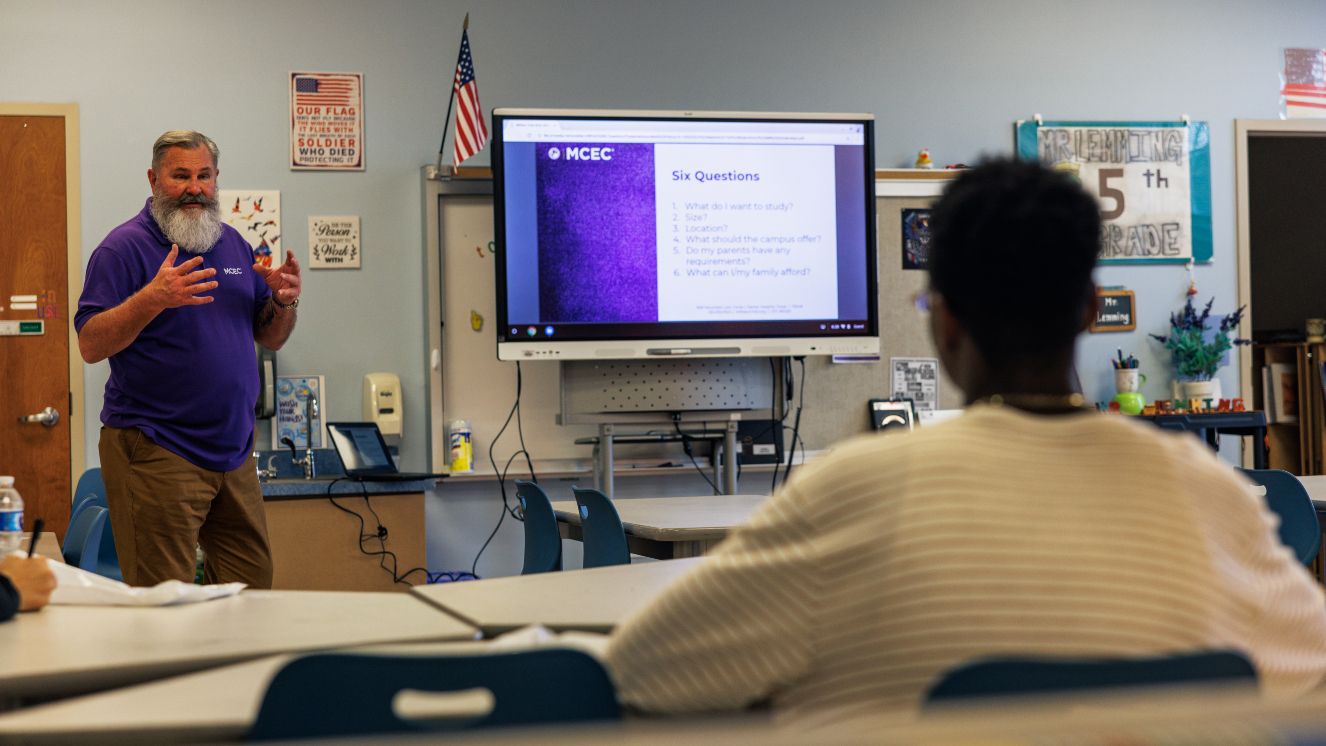A LOOK BACK AT THE FIRST SUMMER OLYMPICS AFTER WORLD WAR 2
COMMENT
SHARE

59 countries, over 4,100 participants, and 136 events took place during the 1948 Summer Olympics. However, these games were more than just the world’s greatest athletes coming together to honor their various sports. London 1948 was the first Summer Olympics after World War 2, signaling a return to normalcy after six years of chaos.
Citius, Altius, Fortius During the First Summer Olympics After World War 2
London 1948 came to be the first Summer Olympics after World War 2 because both Tokyo 1940 and Helsinki 1944 were canceled due to fighting. This would be the second time the Big Smoke would host the Olympics, as the city previously invited the world during London 1908.Nicknamed the Austerity Games, the aftermath of WWII was evident as rationing and economic hardships were commonplace during the event. Empire Stadium and Empire Pool at Wembley Park were chosen as the venues. Today, that venue is Wembley Stadium.Because of the circumstances in war-torn Europe, the 1948 Summer Olympic Games did not have any new venues built to host the events.
The Olympics London 1948 Had Drama
Coming off of the heels of WWII, bringing together many nations to compete can come with tension.Furthermore, the events surrounding WWII, especially war crimes of every variety and land dispute that continue to this day, created plenty of problems for multiple nations involved.Both Germany and Japan were excluded from the London Summer Olympics for obvious reasons but that wasn’t the end of it.Israel wanted to compete but was not allowed because the International Olympic Committee (IOC) didn’t recognize them as a nation at the time.Further complicating things, the British mandate of Palestine expired. This made a domino effect in the Arab world, who were set to boycott the games but ultimately were participants.Finally, the Soviet Union got an invite to participate. However, they opted out. They did send people to watch and prepare for the Helsinki Olympics in 1952.Despite the hardships in organizing from economic, political, and logistical standpoints, the first Summer Olympics after World War 2 was underway.
Notable Events at the First Summer Olympics After World War 2
Around 85,000 people gathered in Empire Stadium at Wembley Park on July 29, 1948 for the opening ceremony. This is where the Royal Family and other dignitaries were in attendance.Military bands were playing music, and the pageantry was grand when the clock hit 4:00 pm. King George VI officially opened the Olympics, raising the flag, releasing 2,500 pigeons, and shooting a 21-gun salute.Hosting the first Summer Olympics after World War 2 was an accomplishment enough. However, London 1948 had plenty of notable events that went beyond just getting back to normal.For starters, many nations competed for the first time. Specifically, Communist countries entered the Olympics. This includes: Hungary, Poland, and Yugoslavia.We all know that the Games of the Olympiad require grand venues, tremendous pageantry, and many similar attributes for host nations.However, as mentioned before, things were hard to come by. Many companies and individual organizations had to supplement and donate to make the games a success.Today, after the Olympics, the Paralympics showcase athletes with disabilities. The precursor to this event occurred during London 1948 as the first Stoke Mandeville Games.Getting to the Olympics is a great event for anyone who enjoys spectacles or sports. However, most of us enjoy watching from various screens. This wasn’t always the case. Luckily, the BBC televised the events like never before. Controversially, there were still German POWs in Britain.
The First Summer Olympics After WW2 Featured Champion Athletes
The first Summer Olympics after WW2 was the first to feature Black and Asian athletes fully integrated, with some historians saying that this event may have been the first time for some Britons to have seen people who weren’t white.Furthermore, Alice Coachman (USA) won a gold medal for track and field during the games, making her the first Black woman to do so from any nation.The youngest male athlete to win in the Olympics, 17-year-old American Bob Mathias took home gold in the decathlon. He started only four months prior to defeating the world.One notable female athlete, Fanny Blankers-Koen (Netherlands) won gold in all four of the sprint events she competed in.Many believed Blankers-Koen didn’t have a chance, as she was 30 years old and three months pregnant. However, she proved everyone wrong earning the nickname “the Flying Housewife.”Remarkably, Karoly Takacs had his right hand blown off by a grenade in 1938. He went on to win gold in 1948 for the rapid-fire pistol event after relearning the skill with his left hand.Overall, the medal table, results, and theatrics were all welcomed. Today, they remain important parts of history.The first Summer Olympics after WW2 helped bring everyone together while living by its motto and advancing what is possible by humans through dedication, hard work, and strength.Suggested reads:
- How the Inter-Allied Games Gave Comfort Following World War I
- Why Your VA Benefits Payment May Be in Limbo
Image source: National Media Museum from UK, No restrictions, via Wikimedia Commons
Join the Conversation
BY BUDDY BLOUIN
Buddy Blouin is a Contributing Writer at VeteranLife.com
Buddy Blouin is a Contributing Writer at VeteranLife.com



